The Future of In-Car Advertising and Monetization
Car manufacturers are on the verge of revolutionizing the way they generate revenue from new vehicles through in-vehicle connectivity and targeted advertising. This new approach utilizes in-vehicle cameras to identify who is on board and tailor ads accordingly, in partnership with major businesses.
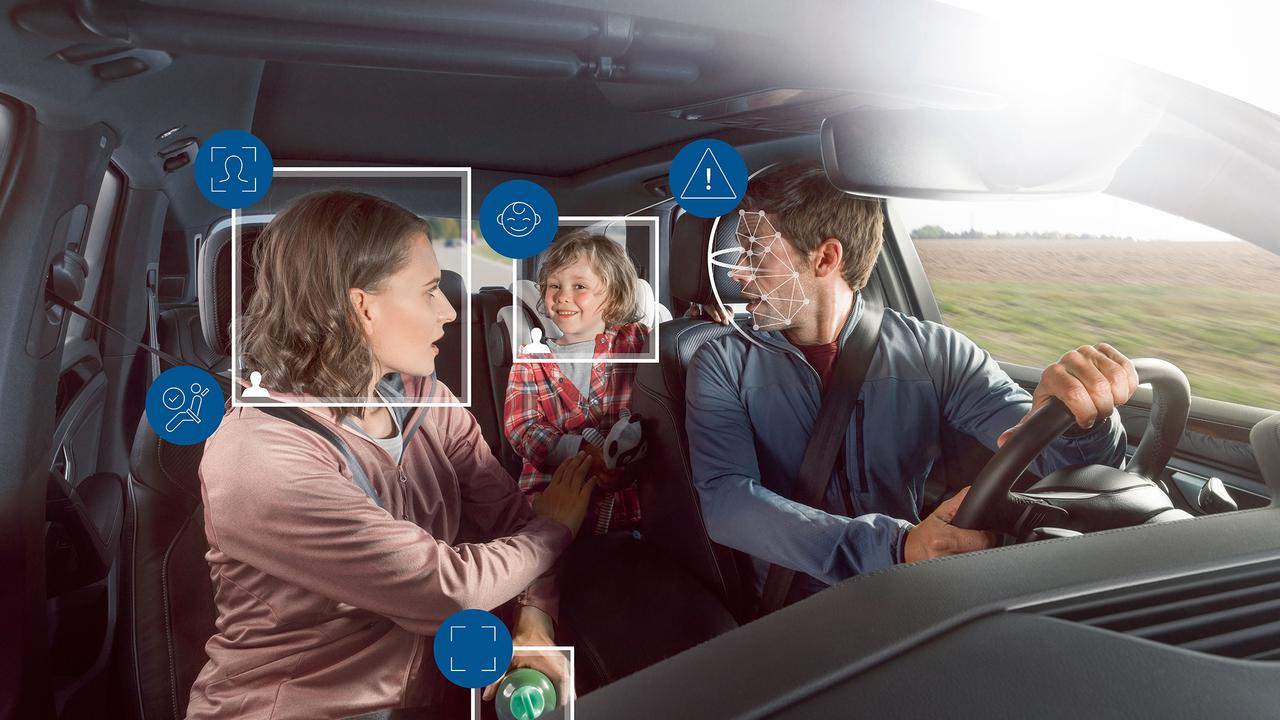
Expect to see suggestions for fast food stops after picking up kids from school, capitalizing on ‘pester power’ to convince people to spend money on games, apps, and digital customization of new vehicles. Ford recently made headlines by patenting in-car advertising that includes eavesdropping on passengers and tailoring content to their conversations. This isn’t science fiction; advanced driver monitoring technology is becoming increasingly common in new cars.
Tal Krzypow, a strategist at in-car tech company Cipia, explained that in-car camera systems will almost certainly be used for commercial purposes. “It converges very well with another trend, and that’s the one that we see among [manufacturers] who are looking for new revenue streams,” he said. The technology can personalize the driving experience, adjusting temperature and playlist based on who’s in the car. For instance, it could automatically switch from Rage Against the Machine to The Wiggles if children are on board.
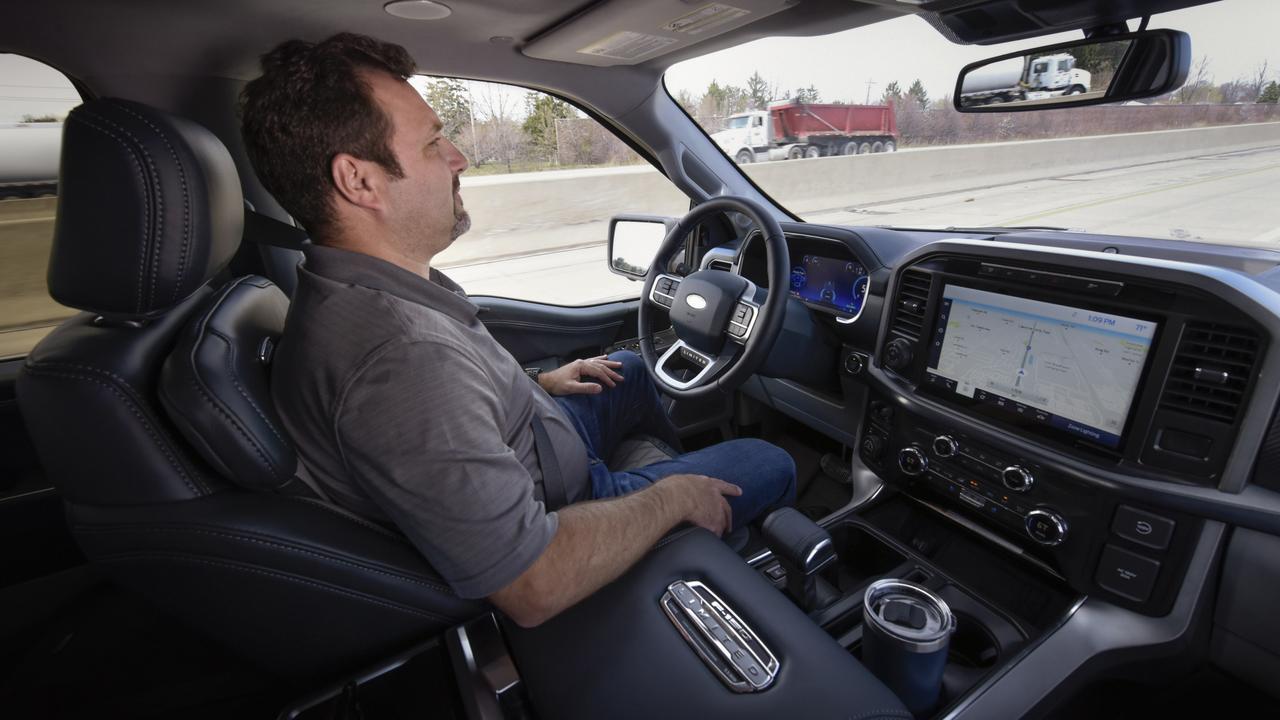
More controversial features might include suggesting stops at favorite restaurants along a route and using facial recognition for payment authentication. Krzypow believes this integration of services and products into the cabin could add significant value but relies on understanding the context inside the vehicle.
The automotive industry is following a similar path to the smartphone industry, where devices evolved from simple communication tools to platforms for numerous paid apps. Nissan is preparing to launch cars with Google operating systems, allowing customers to purchase apps through the Google Play store. This move is seen as a way to ‘ramp up investment opportunities’ while enhancing customer engagement.
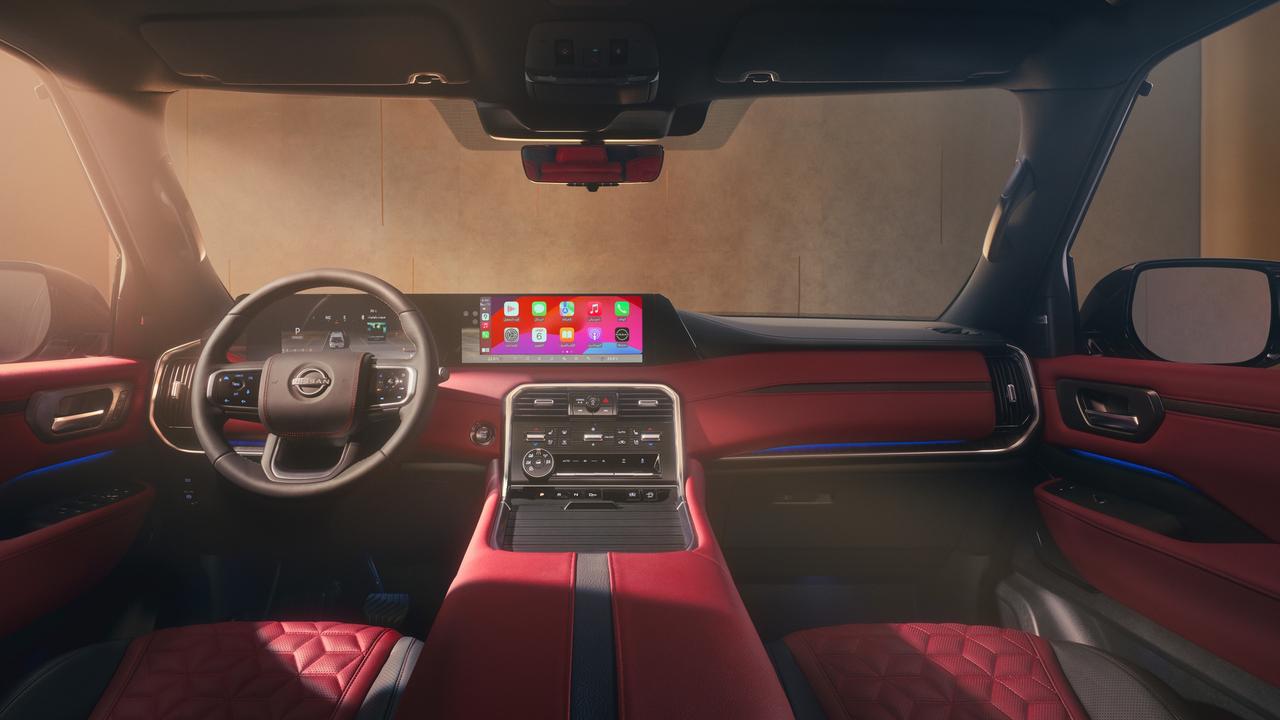
BMW offers Uno card games in some models for $10 per month as part of its digital premium service. Tesla charges a similar amount for Premium Connectivity, which unlocks additional features like Spotify or Netflix streaming.
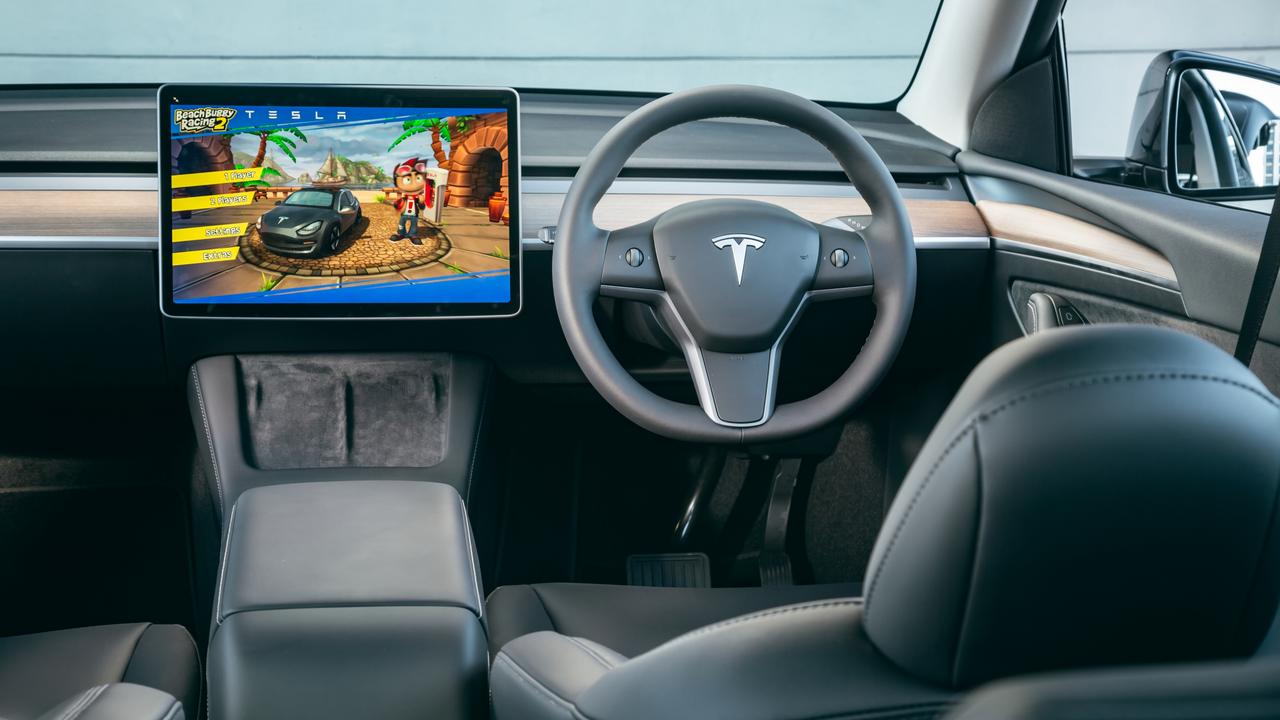
The Smart car brand has introduced digital avatars that can be customized for a fee, similar to games like Fortnite or Roblox. This feature varies by market, with different customer preferences in different regions.
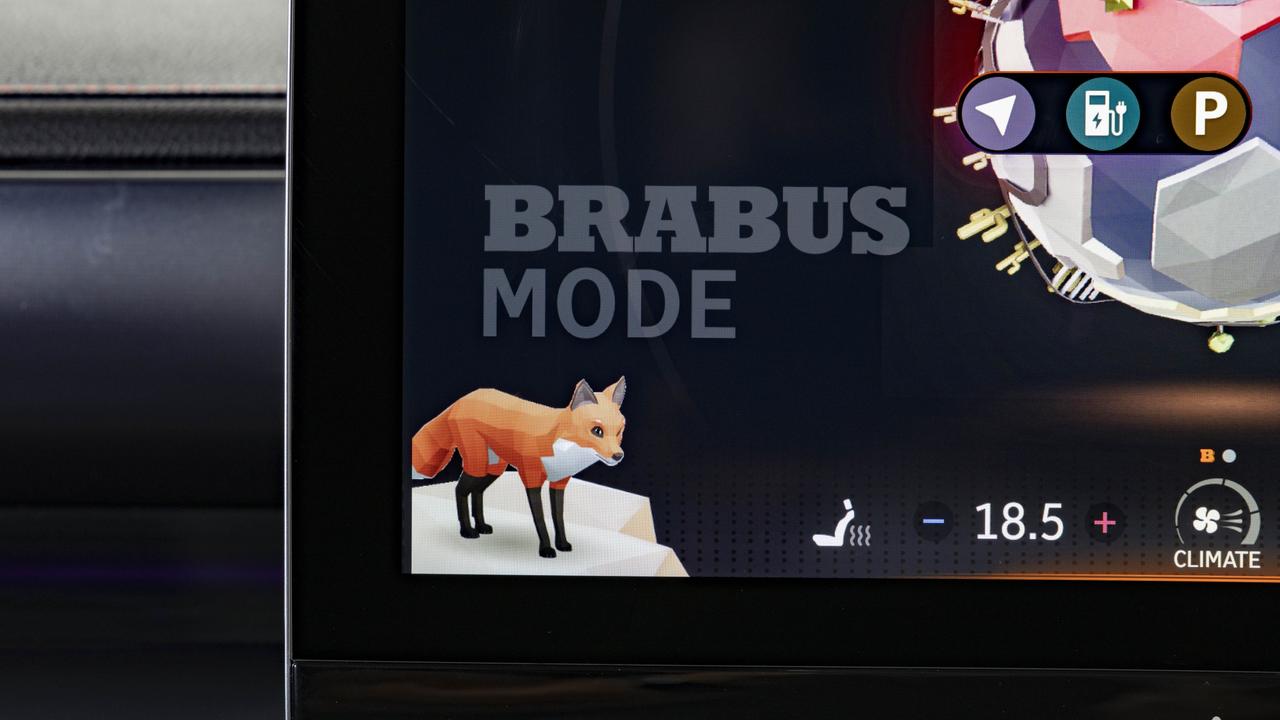
Other car manufacturers are also exploring ways to generate additional revenue. BMW’s X5 offers a multi-mode suspension for an extra $29 per month or $290 per year. Kia limits the power of its new EV9 model, with an optional ‘boost mode’ available for about $1400.
As the automotive industry continues to evolve, consumers can expect more features and services to be monetized. While this may provide more personalized experiences, it also raises concerns about data privacy and the increasing costs associated with new vehicles.


